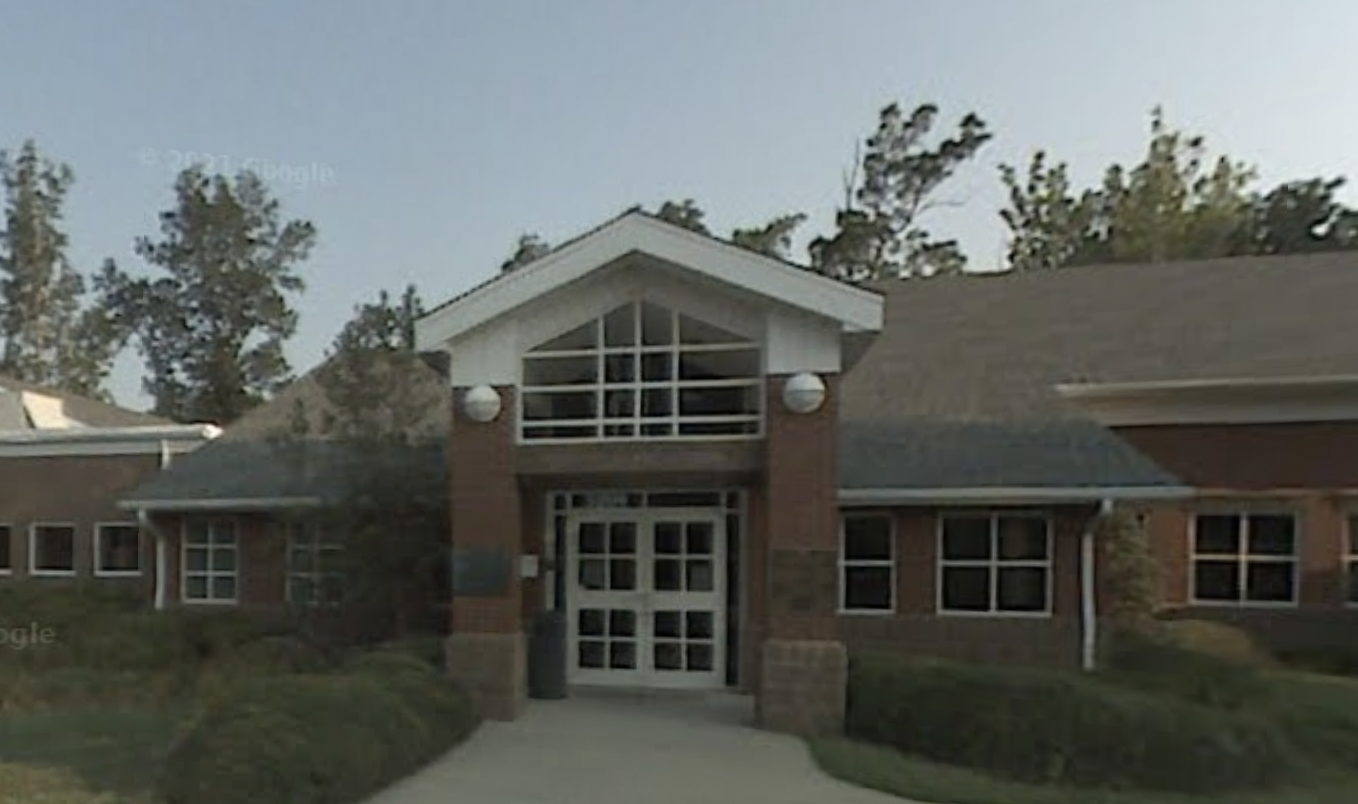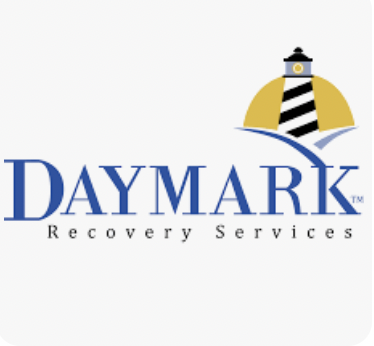Daymark Recovery Services - Guilford Residential Treatment Center


Overview
Daymark Recovery Services - Guilford Residential Treatment Center is a substance abuse treatment center for people seeking treatment near Guilford County. As part of their treatment modalities for recovery, Daymark Recovery Services - Guilford Residential Treatment Center provides cognitive behavioral therapy during treatment. Daymark Recovery Services - Guilford Residential Treatment Center is located in High Point, North Carolina, accepting no payment accepted for treatment.
Daymark Recovery Services - Guilford Residential Treatment Center at a Glance
Payment Options
- No payment accepted
- Federal, or any government funding for substance use treatment programs
- Payment assistance (check with facility for details)
- Per session
Assessments
- Screening for tobacco use
- Comprehensive substance use assessment
- Outreach to persons in the community
- Screening for mental disorders
- Screening for substance use
Age Groups
- Young adults
- Adults
- Seniors
Ancillary Services
- Case management service
- Suicide prevention services
- Early intervention for HIV
- Mental health services
- Social skills development
Accreditations
State department of health:

Government agencies issue State Licenses, which grant rehabilitation organizations permission to conduct their operations lawfully within specific geographic regions. Licenses needed to operate are typically determined by the type of rehabilitation program offered by the facility and its physical location.
Commission on Accreditation of Rehabilitation Facilities (CARF):

CARF accreditation is a prestigious recognition granted to rehabilitation and human service organizations. It signifies that an organization meets high-quality standards, having undergone a rigorous evaluation process. CARF accreditation boosts an organization's credibility and ensures top-notch care for individuals with disabilities, injuries, or healthcare needs.
Treatment At Daymark Recovery Services - Guilford Residential Treatment Center

Conditions Treated
Alcoholism:
Alcohol addiction is a health problem where drinking takes control over a person's life. It affects how their brain thinks and acts, leading to strong desires to drink, bad feelings, sudden actions, and discomfort when not drinking. To help someone with this problem, there are treatments like detox, counseling, group support, and learning coping methods. While treatment can't completely cure the urge to drink, it helps people regain control of their lives and feel better overall.
Substance use treatment:
Substance use rehabilitation is a comprehensive treatment approach designed to assist individuals struggling with addiction to drugs or alcohol. This form of rehabilitation addresses both the physical dependency, often starting with detoxification, and the psychological triggers, using various therapeutic methods. The objective is to empower individuals to achieve and maintain sobriety, while equipping them with the tools and coping strategies needed to reintegrate into society and lead a substance-free life.

Levels Of Care
Hospital inpatient treatment:
Inpatient treatment involves an intensive, residential therapeutic program designed to treat serious addictions or other medical conditions. With a typical stay ranging from 30 to 90 days, individuals receive a structured regimen of various therapies including individual and group counseling, behavioral therapies, and family counseling. Under professional supervision, patients immerse themselves in a supportive environment, conducive to addressing underlying issues and promoting long-term recovery.
Short-term residential:
Short-term residential rehab programs offer intensive, goal-focused treatment for individuals dealing with substance abuse and addiction. Unlike long-term programs, these are shorter in duration, typically lasting a few weeks to a few months. They are ideal for those with time constraints or immediate needs, providing round-the-clock care and counseling to help clients stabilize, develop coping skills, and create a plan for long-term recovery. This approach contrasts with longer programs, which have a more extended timeframe. Short-term residential rehab is tailored to individuals looking for a concentrated and efficient path to recovery.
Aftercare:
Finishing a drug or alcohol rehab program is not the conclusion of substance abuse treatment but rather a pivotal step toward long-term recovery. Aftercare encompasses devising a sustainable recovery plan coupled with enduring support. It may include sober living environments such as halfway houses, career counseling, and connecting patients with community support programs like Alcoholics Anonymous (AA) or Narcotics Anonymous (NA). This holistic approach ensures a smooth transition into a substance-free life while bolstering resilience against relapse.

Treatment Modalities
Cognitive behavioral therapy:
Cognitive Behavioral Therapy (CBT) is a form of psychotherapy that emphasizes the critical role of thinking in how we feel and what we do. It aims to identify and challenge distorted or negative thought patterns and behaviors, teaching individuals to replace them with more constructive and rational beliefs. CBT is evidence-based and has been shown to be effective in treating a variety of psychological disorders, including depression, anxiety, and phobias, among others.
Telemedicine/telehealth therapy:
Telehealth Therapy allows individuals to access mental health services remotely via secure video conferencing. This level of care offers qualified therapy from the comfort of one's home, removing geographical barriers and often reducing wait times. Ideal for those with mobility challenges, tight schedules, or those in rural areas, it combines convenience with consistent, high-quality mental health support.
Substance use disorder counseling:
Substance use disorder counseling treatment modalities refer to various approaches and methods used in the counseling and treatment of individuals with substance use problems. This can include individual therapy, group therapy, cognitive behavioral therapy, motivational interviewing, family therapy, and 12-step programs. The goal is to help the individual overcome their substance use, develop healthy coping skills, and lead a fulfilling life in recovery.
Smoking/vaping/tobacco cessation counseling:
Tobacco Cessation Counseling is a specialized form of guidance and support aimed at helping individuals quit tobacco use. Through a combination of motivational strategies, behavioral techniques, and education on the health risks associated with tobacco, trained counselors assist users in understanding their addiction, developing a personalized quit plan, and navigating the challenges of withdrawal and relapse prevention. This counseling approach can significantly increase the likelihood of successfully quitting and maintaining a tobacco-free lifestyle.
Group counseling:
Group Counseling is a therapeutic approach where individuals come together under the guidance of a trained counselor to share experiences, provide mutual support, and gain insights. It fosters a sense of community, promotes understanding through diverse perspectives, and offers personal growth and problem-solving strategies.
Family counseling:
Studies consistently show that the likelihood of sustainable recovery increases when family members are involved in rehab and substance abuse treatment. Genetic elements might influence susceptibility to drug and alcohol dependence and mental health challenges. Family interactions frequently contribute to addiction triggers. However, with the right education, family members can become pivotal support pillars during rehabilitation.
12-step facilitation:
Recovery models grounded in 12-step programs prominently incorporate peer coaching, strongly emphasizing personal growth as the pathway to enduring sobriety. Regular participation in 12-step meetings, known for their anonymity, cost-free access, and daily availability, is encouraged. The 12 steps of recovery, anchored in spiritual principles, guide participants in unraveling the core issues of their addiction, taking accountability for their decisions, and coming to terms with aspects beyond their control. Chosen by the individuals themselves, sponsors offer personalized one-on-one mentorship, aiding in navigating through the recovery journey.
Intervention Services:
"Intervention" refers to a deliberate action or set of actions taken to directly address and alter a specific situation or behavior. Often used in contexts like medicine, psychology, and social work, interventions are designed to prompt positive change, whether it's to prevent harm, improve health, or enhance the quality of life. They can range from medical procedures to address health issues, to structured meetings aimed at helping individuals combat addiction or destructive behaviors.
Contingency management/motivational incentives:
Contingency management and motivational incentives are evidence-based treatment modalities used in addiction and behavioral health programs. Contingency management involves the use of rewards to reinforce positive behaviors and change negative behaviors, while motivational incentives provide incentives to engage in treatment and sustain recovery. Both approaches are designed to increase motivation and engagement in treatment and have been shown to be effective in promoting positive outcomes.
Motivational interviewing:
Motivational Interviewing (MI) in addiction treatment is a client-centered counseling style aimed at promoting behavior change by helping clients explore and resolve ambivalence. Through empathetic engagement and evoking change talk, MI empowers individuals to harness their own motivation to overcome addiction, leading to a self-directed path to recovery. This approach respects individual autonomy while supporting positive change in a compassionate, non-confrontational manner.
Relapse prevention:
The Relapse Prevention Model is a cognitive-behavioral approach designed to teach individuals who are trying to maintain behavioral changes (like sobriety from drugs or alcohol) how to anticipate and cope with the potential for relapse. The model emphasizes the importance of understanding the processes and triggers that lead to relapse, developing strategies to prevent initial lapse, and minimizing the severity and duration if a lapse occurs. It's grounded in the belief that relapses can be viewed as learning opportunities, helping individuals strengthen their commitment and skills to avoid future setbacks.
Individual psychotherapy:
Individual therapy, often referred to as psychotherapy or counseling, is a one-on-one therapeutic interaction between a trained therapist and a client. It provides a confidential space for individuals to explore their feelings, beliefs, and behaviors, working through challenging memories, experiences, or emotions. The therapist facilitates self-awareness, promotes personal growth and insight, and offers coping strategies to manage specific issues like stress, anxiety, depression, and other life challenges. The ultimate goal is to improve the individual's mental well-being and enhance their overall quality of life.
Ancillary Services
Additional Services
- Pharmacotherapies administered during treatment
- Mentoring/peer support
- Breathalyzer or blood alcohol testing
Contact Information
DISCLAIMER: The facility name, logo and brand are the property and registered trademarks of Daymark Recovery Services - Guilford Residential Treatment Center, and are being used for identification and informational purposes only. Use of these names, logos and brands shall not imply endorsement. BetterAddictionCare.com is not affiliated with or sponsored by Daymark Recovery Services - Guilford Residential Treatment Center.

